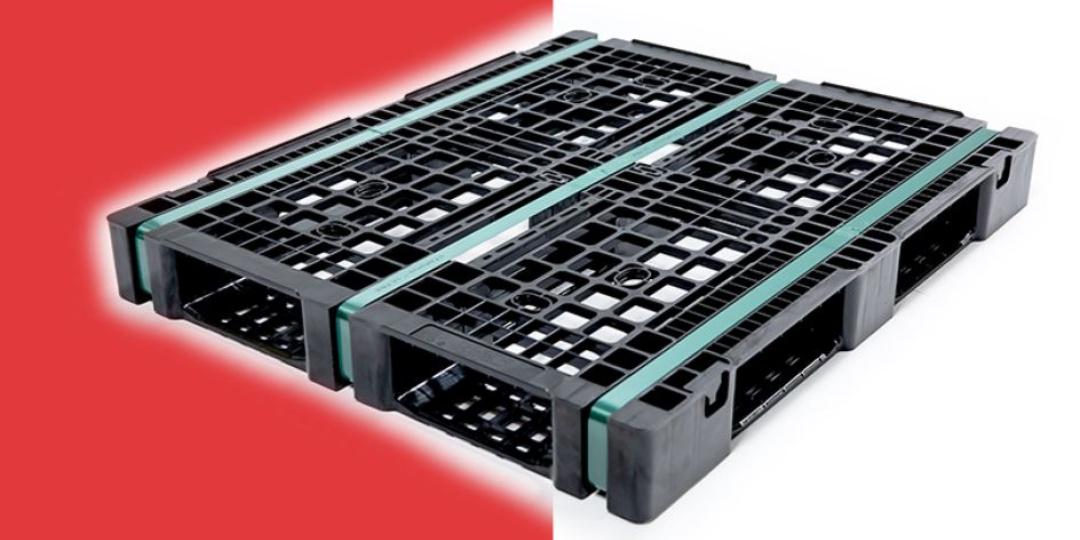Western Cape manufacturer PalletPlast is using 400 tonnes of monthly plastic waste to mould fruit pallets out of discarded products made of polyethylene terephthalate (PET).
PET plastic, ordinarily used for the containers in which water is bottled, started to accumulate in increased volumes in the Western Cape as the drought took hold in that province and the water supply started running dry.
With its end-of-the-line landfill destination being an environmental eyesore and biodegrading headache, PalletPlast director Christopher Smith said it was thought that perhaps Cape Town’s PET plastic could be put to better use.
Now, after lengthy R&D development through an injection mould tech partner in Portugal, and almost a year into PalletPlast’s efforts to replace expensive wood pallets with plastic pallets for freighting South African fruit they seem to have become all the rage.
With a racking capacity of 1.2 tonnes and granulation recycling capability as opposed to wood pallets that were incinerated, PET’s pallets were fast catching on, Smith said.
“It’s less flammable with better phytosanitary properties.”
Orders appear to be solidly firming and large-volume buyers are fast cottoning on to the benefits of plastic pallets to freight South African fruit.













